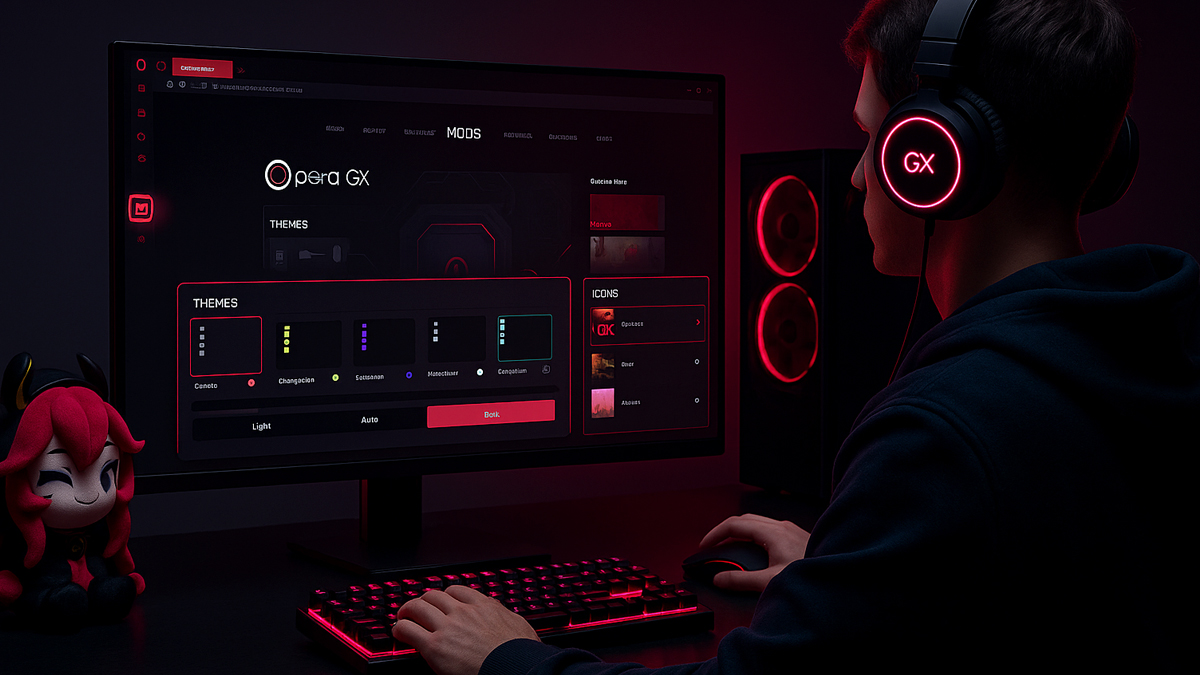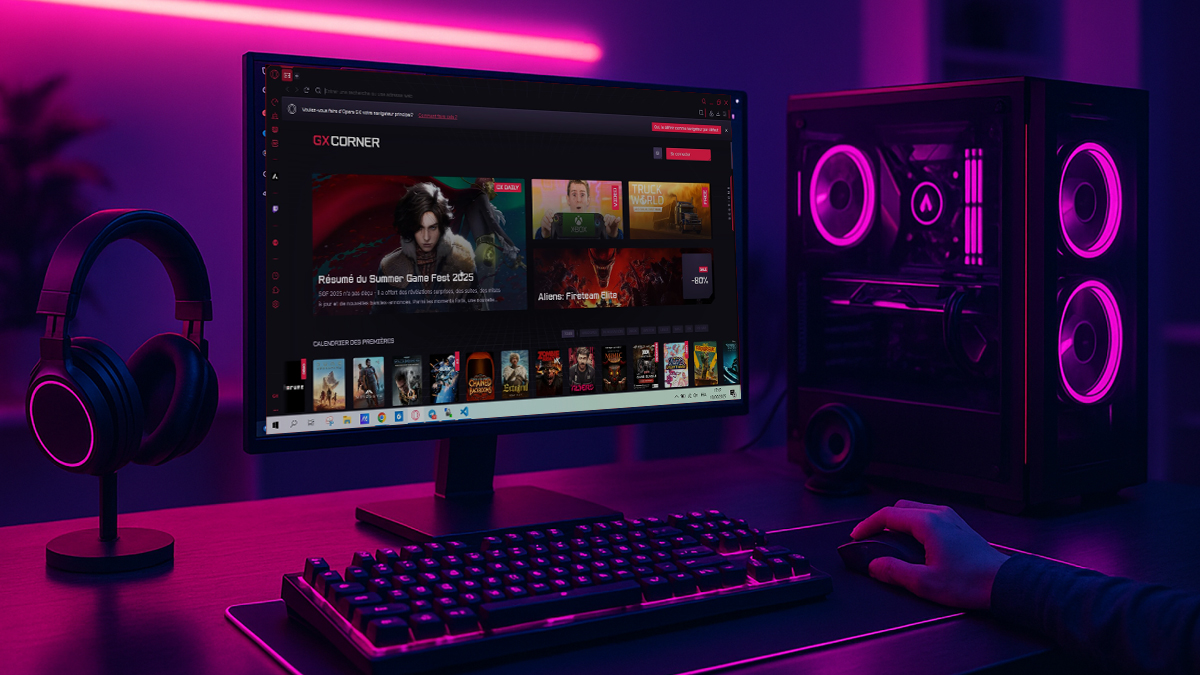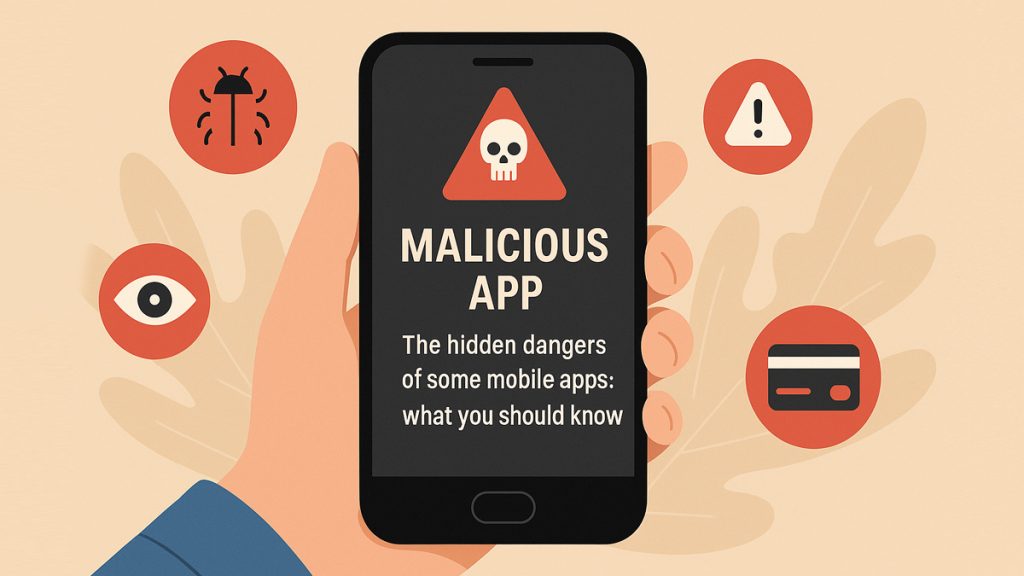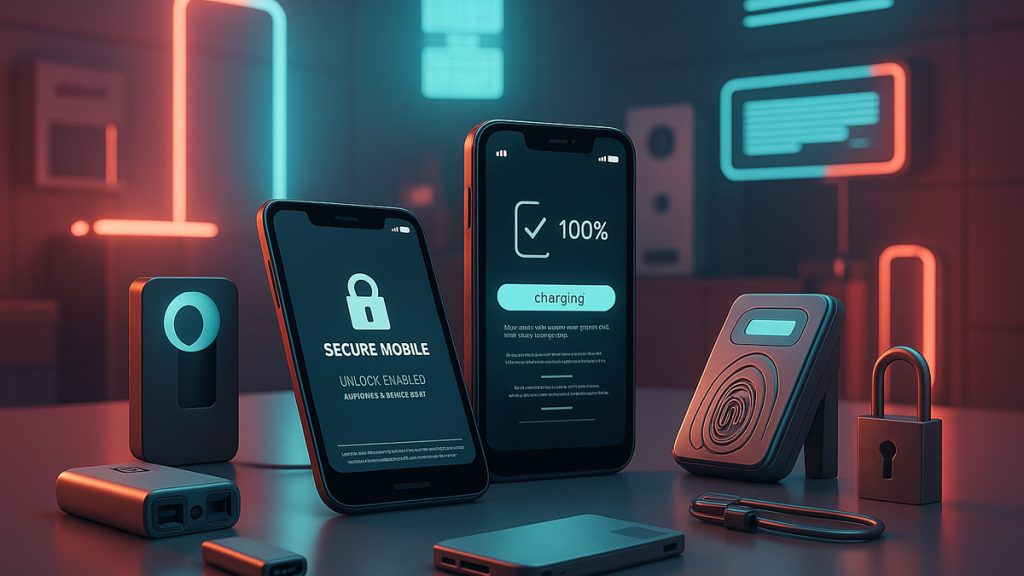Introduction: the app overload era
Let’s be honest installing apps is kind of addictive. One moment you’re downloading a weather app because it has cute icons, and next thing you know, you’ve got folders full of stuff you barely remember installing. Some of them you opened once. Maybe.
And when was the last time you actually read the permissions an app was asking for? No judgment—we’ve all hit “allow” without thinking. It’s fast, convenient, and hey, what harm could it do, right?
But here’s the thing: not all apps are as innocent as they look. Some are quietly collecting more data than you’d ever knowingly share. Others are just poorly built, leaving doors open to bad actors.
Your phone is probably your most personal device. It knows where you’ve been, who you talk to, what you search late at night, and even how you sleep. It deserves better gatekeeping.
Types of risks in mobile apps
Not every app is a threat, but some are sneakier than they seem. The danger isn’t always dramatic—it’s in the little things that pile up behind the scenes.
Overreaching permissions are more common than you’d think. Why would a calculator need access to your location? Or a flashlight need your microphone? These requests sometimes make sense, but often, they’re just lazy coding or—worse—intentional data grabs.
Adware and trackers are baked into many free apps. That “fun wallpaper app”? It might be selling your browsing habits to ad networks. You don’t see it, but suddenly you’re getting oddly specific ads, and your battery is draining faster than usual.
Fake or cloned apps are an even scarier breed. These mimic popular apps—same icon, same name, almost identical interface—but they’re built to steal your login or plant malware. Some even make it onto official app stores before getting flagged.
Third-party SDKs (the software tools many developers use) can be a hidden trap. Even if the app itself seems clean, these embedded tools can quietly collect data and send it off to who-knows-where. And often, the developers themselves don’t fully know what’s going on under the hood.
| Risk | How it works | What it means for you |
|---|---|---|
| Overreaching permissions | Apps ask for access they don’t need | Unnecessary exposure of your data |
| Hidden trackers | Ad tools log your activity silently | Less privacy, more targeted ads |
| Cloned apps | Look like legit apps but are malicious | Can steal your credentials or install malware |
How to spot and avoid risky apps
You don’t need to panic or delete every app you’ve ever installed. Just be a bit more curious. Ask yourself a few questions before you tap download.
First, check the developer. Legit companies usually have a clear name, a real website, and other apps with solid reputations. If the developer’s name is just a string of letters or the app is pretending to be from “Meta” but spells it “Meeta”? That’s a nope.
Read the reviews—and not just the five-star ones. If people are saying it crashes often, shows unexpected ads, or behaves strangely, trust those red flags. And if there are only glowing reviews with suspiciously similar wording? That’s a clue, too.
Use your phone’s permission manager (both Android and iOS have this now). Check what each app can access, and if it doesn’t make sense—deny it. Your wallpaper app doesn’t need your contacts. Period.
If possible, choose apps that are open-source or come from trusted developers. These tend to be more transparent. Plus, open-source means the code is out there in the open—so sneaky behavior is easier to catch.
And here’s a gut-check tip: if an app has five million downloads but no official website, no social media presence, and the privacy policy is 50 pages of legal fog… maybe skip it.
Trust but verify
Your phone is smart. But it still trusts apps way too easily—and that’s where you come in.
It’s not about fear. It’s about paying attention. A little caution now means fewer regrets later. So slow down, check twice, and ask the question your phone can’t: “Does this app really need to know that about me?”
Because let’s be real—your phone knows you better than your best friend. Don’t hand it over to just anyone.








